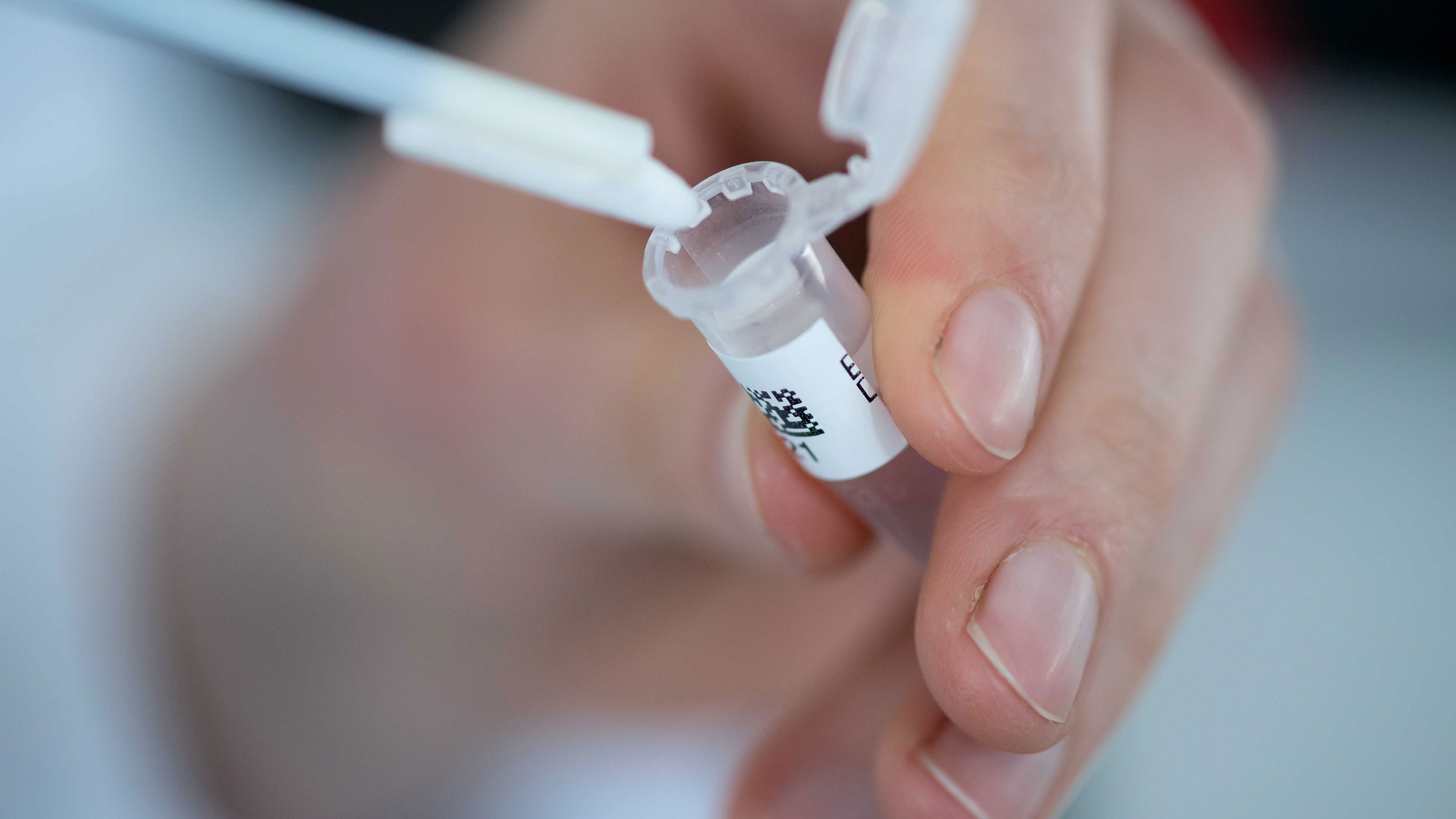A detective has been granted access to an entire private DNA database

The news: A Florida detective was granted a warrant to access and search the nearly one million people’s genetic information held by consumer DNA site GEDmatch, even if users had opted out of appearing in police search results, according to the New York Times. The warrant, signed by a judge in Florida’s Ninth Judicial Circuit Court in July, has generated new leads in the case but no arrests, Orlando police detective Michael Fields told the paper. It seems to be the first time a judge has granted this sort of warrant, choosing to overrule a company’s DNA privacy policies.
Some background: More than 26 million people have taken an at-home DNA test, and for years, the vast majority of that data has been off limits to law enforcement. The biggest sites, Ancestry.com and 23andMe, have always pledged to keep users’ genetic information private. GEDmatch, a smaller rival that doesn’t offer tests itself but lets users upload their genetic information in order to find relatives, updated its terms in May 2019 to “opt-in only” for users who were prepared to share their information with the police.
A new precedent: This new ruling means none of that may matter. It could set a precedent that opens up all consumer DNA sites to law enforcement agencies, so long as they can obtain a warrant. It’s likely that other police departments will now feel emboldened to request access to Ancestry.com and 23andMe, which both host far more data.
Should I care? You don’t necessarily need to have taken a DNA test yourself for this decision to affect you. Practically all Americans can now be tracked through their relatives, even if they have never taken a test themselves.
Read next: GEDmatch is a national security leak waiting to happen.
Deep Dive
Biotechnology and health
How scientists traced a mysterious covid case back to six toilets
When wastewater surveillance turns into a hunt for a single infected individual, the ethics get tricky.
An AI-driven “factory of drugs” claims to have hit a big milestone
Insilico is part of a wave of companies betting on AI as the "next amazing revolution" in biology
The quest to legitimize longevity medicine
Longevity clinics offer a mix of services that largely cater to the wealthy. Now there’s a push to establish their work as a credible medical field.
There is a new most expensive drug in the world. Price tag: $4.25 million
But will the latest gene therapy suffer the curse of the costliest drug?
Stay connected
Get the latest updates from
MIT Technology Review
Discover special offers, top stories, upcoming events, and more.